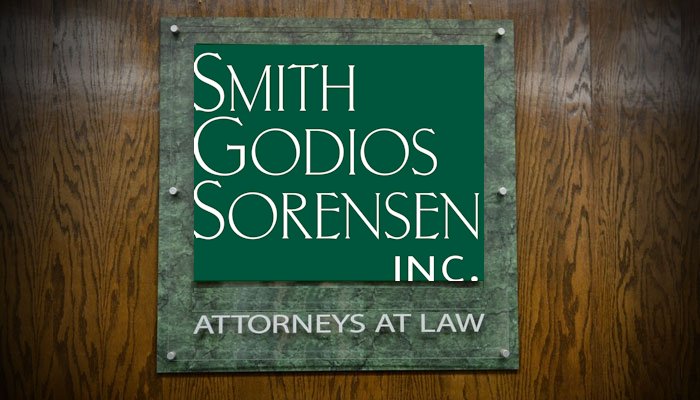Why is it easier to get Social Security disability after age 50? It is easier for…
How do I find out what my Social Security judge is like? Social Security Disability Attorneys
Disability Judges and Attorneys – While it is very important for a Social Security Disability applicant to pick a disability attorney, law firm, or lawyer who they are comfortable with, being assigned a favorable judge is often the difference between an award or a denial of benefits.
After the second denial in the disability appeals process, a request for a hearing in front of an Administrative Law Judge must be filed in order to keep the claim going. Most people who have been awarded disability benefits have to go in front of an Administrative Law Judge before their claim is granted. By this stage of the appeals process, more evidence is developed, legal arguments are given more consideration, and a hearing takes place where the applicant/claimant can meet with the Judge and offer testimony (usually with the help of a disability lawyer) that helps explain how their medical symptoms affect them on a daily basis or would impact them in a work situation.
Most disability hearings last approximately one hour. After the hearing, the Judge that presided over the hearing issues a written decision which either grants or denies the claim. A claimant’s best chance to win his or her case is at the hearing in front of an Administrative Law Judge. This is because appeals after an Administrative Law Judge’s denial are held to higher standard of review than the appeals prior to the hearing level. After a Judge denies a case, a claimant will typically have to prove that a Social Security Regulation was violated or that there is not even substantial evidence to support what the Judge found. Substantial evidence essentially means any evidence that a reasonable person could accept as supporting the Judge’s conclusions.
Social Security publishes the grant and denial rates of all Administrative Law Judges who preside over disability hearings. It can be found by searching on google for “ALJ Disposition Data.”
Disability Judges and Attorneys – Getting Your Benefits Granted
As can be seen, in just the Northeast Ohio area, there are some Judges that grant as low as about 20% of their cases, and there are other Judges that grant over 70% of their cases. Often, when a client first comes into our office, they ask “What are my chances of winning?”. The answer not only usually depends on a client’s age (the older the easier to win), work history (the more physically demanding, often the easier to win), the medical evidence (the more objective support, like x-rays and MRIs, the easier to win); but it is also highly dependent on what Judge ends up being assigned to the case.
At Smith Godios Sorensen, Inc., if you get assigned a low granting Judge we will do our best to persuade them that you are entitled to benefits, we will do our best to build your record with the relevant evidence, and, if warranted, we will appeal a Judge’s denial to the Appeals Council and to the Federal District Court. Many firms do not file any appeals after a Judge’s denial, but our firm continues to represent many of our clients through two stages of appeals even after an Administrative Law Judge’s denial. If you are assigned a favorable Judge, we will make sure that your best case is presented so that you have the best chance to be awarded benefits at your hearing.
If you are thinking of applying for Social Security benefits due to a disability, please give us a call. In addition, if you have been denied Social Security Disability or Supplemental Security Income (SSI), we would be happy to speak with you.






This Post Has 0 Comments